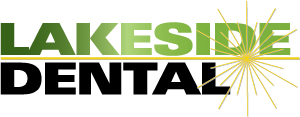Dental Treatment Solutions for Sleep Apnea
Sleep apnea affects about 22 million Americans every night, robbing them of much-needed rest and mental and physical health. For people needing a sleep solution, one can be found at a place they might not expect—Lakeside Dental!

